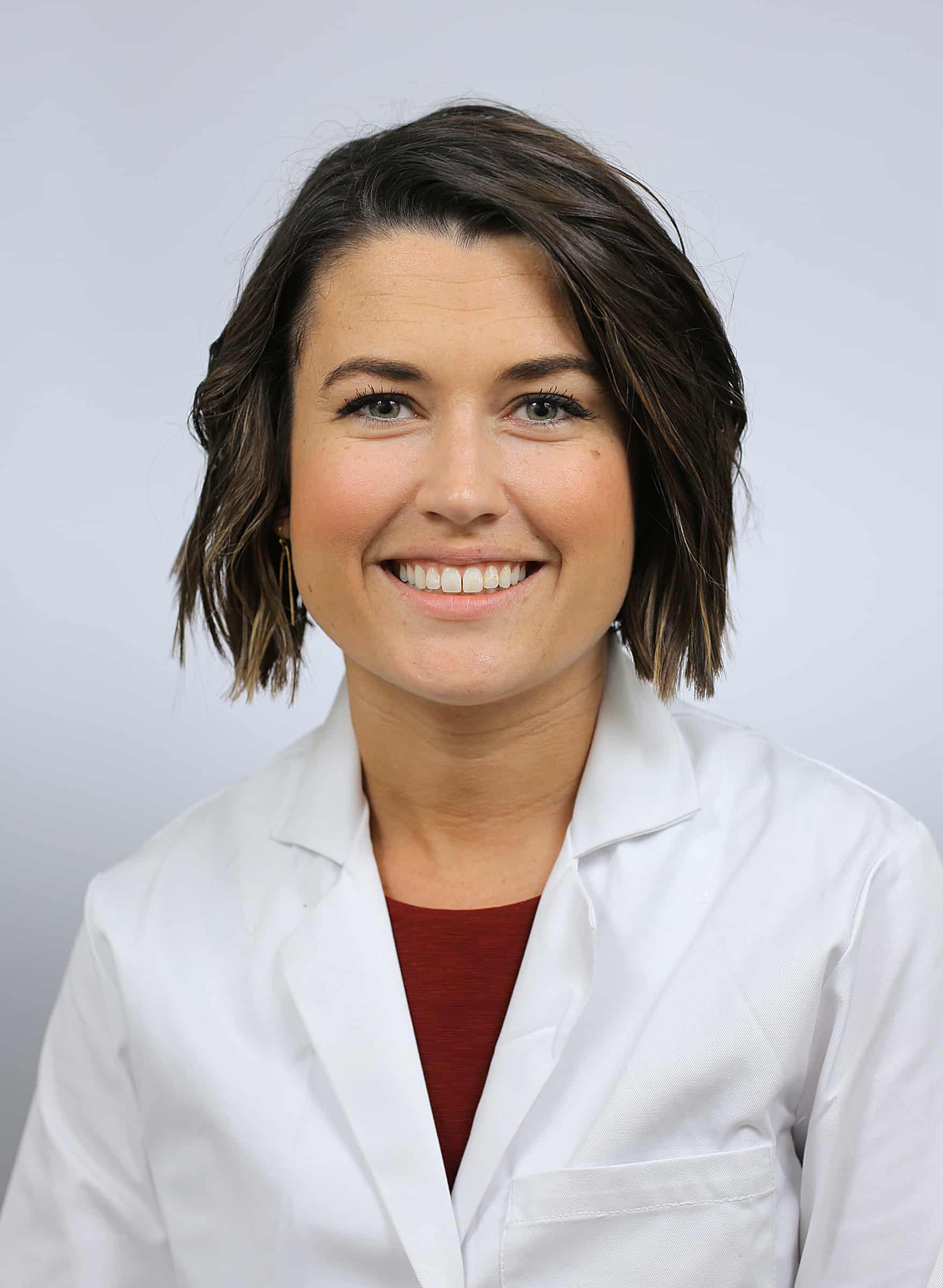More than half of patients eligible for statins but not receiving them reported never being offered one by their physician. Clinicians need to have more effective conversations with their patients to improve utilization rates.
Statins are among the most effective drug classes indicated for the prevention of atherosclerotic cardiovascular disease (ASCVD) and are recommended in national guidelines. “Despite this knowledge, many patients with ASCVD who should be taking a statin are not currently on one, including those at especially high risk,” says Corey K. Bradley, MD. “Statin underutilization can occur for many reasons. By understanding the extent and causes of statin refusal and discontinuation, we can begin developing targeted strategies to address this problem.”
For a study published in the Journal of the American Heart Association, Dr. Bradley and colleagues surveyed 5,693 adults participating in a national registry who were receiving medical care at a cardiology, primary care, or endocrinology practice. They found that 27% of patients with ASCVD who were eligible for statin therapy were not on it. Nearly 60% of those not on a statin reported they were never offered one. Women, African-American adults, and people without insurance were most likely to report never being offered a statin by their physician. In addition, about 10% of patients declined a statin and another 31% had discontinued therapy.
Identifying Key Reasons
The study also looked at differences in patient beliefs on the efficacy and safety of statins and the perceived risk of ASCVD between current statin users and those who were never offered, declined, or discontinued treatment. “While fear of possible side effects was a leading cause for declining statin therapy, the more common reason people were not on a statin was that they were never offered one,” says Dr Bradley. “The reasons for this are multifactorial, but two major drivers of the problem are most likely the limited time providers have with patients and the fact that it’s difficult to interpret current guidelines for statin therapy.”
Among people who declined statins, fear of side effects was the most commonly cited reason, followed by preferences to focus on diet or exercise and beliefs that statins were unnecessary (Figure). For former statin users who discontinued statin therapy, the most common reason for doing so was the perceived drug side effects. When compared with statin users, those who declined or discontinued statins were less likely to believe statins are safe or effective. Only about 18% of adults who discontinued a statin felt they no longer needed one.
Patients also appeared to be willing to take a statin. “More than half of patients who had previously declined a statin were willing to try one,” Dr. Bradley says. Another 60% of those who discontinued one indicated they would consider initiating or retrying a statin. These findings illustrate that providers should explore patient reports of barriers to taking one and re-approach them if they previously declined statins.
Examining the Implications
According to Dr. Bradley, improving access to medications like statins is crucial, especially as medicine focuses more on prevention. “For statin therapy, a major barrier to better utilization is fear of side effects,” she says. “However, many patients reported concerns over side effects that are not caused by statins, such as memory loss. In addition, those reporting side effects with statins may really be experiencing a ‘nocebo’ effect, a phenomenon in which fear of a side effect leads patients to perceive it. The reality is statins have been studied extensively and are among the safest and most effective medications for preventing heart disease. Collectively, we need to combat false information that says otherwise.”
When managing ASCVD cases, Dr. Bradley urges physicians to have more effective and frequent conversations with eligible patients for statin therapy. “Even if a statin has been previously declined, we need to engage that patient in a discussion about the risks and benefits of these drugs,” she says. “Physicians should take an active role in promoting the truth about statins because too many patients are missing the opportunity to improve their cardiovascular health due to unfounded fears or concerns.”


 PWeekly
PWeekly